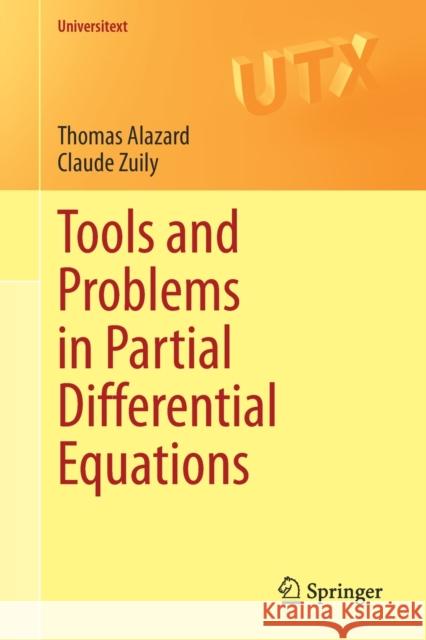Tools and Problems in Partial Differential Equations » książka
topmenu
Tools and Problems in Partial Differential Equations
ISBN-13: 9783030502836 / Angielski / Miękka / 2020 / 357 str.
Kategorie:
Kategorie BISAC:
Wydawca:
Springer
Seria wydawnicza:
Język:
Angielski
ISBN-13:
9783030502836
Rok wydania:
2020
Wydanie:
2020
Numer serii:
000024642
Ilość stron:
357
Waga:
0.52 kg
Wymiary:
23.39 x 15.6 x 1.96
Oprawa:
Miękka
Wolumenów:
01
Dodatkowe informacje:
Wydanie ilustrowane











